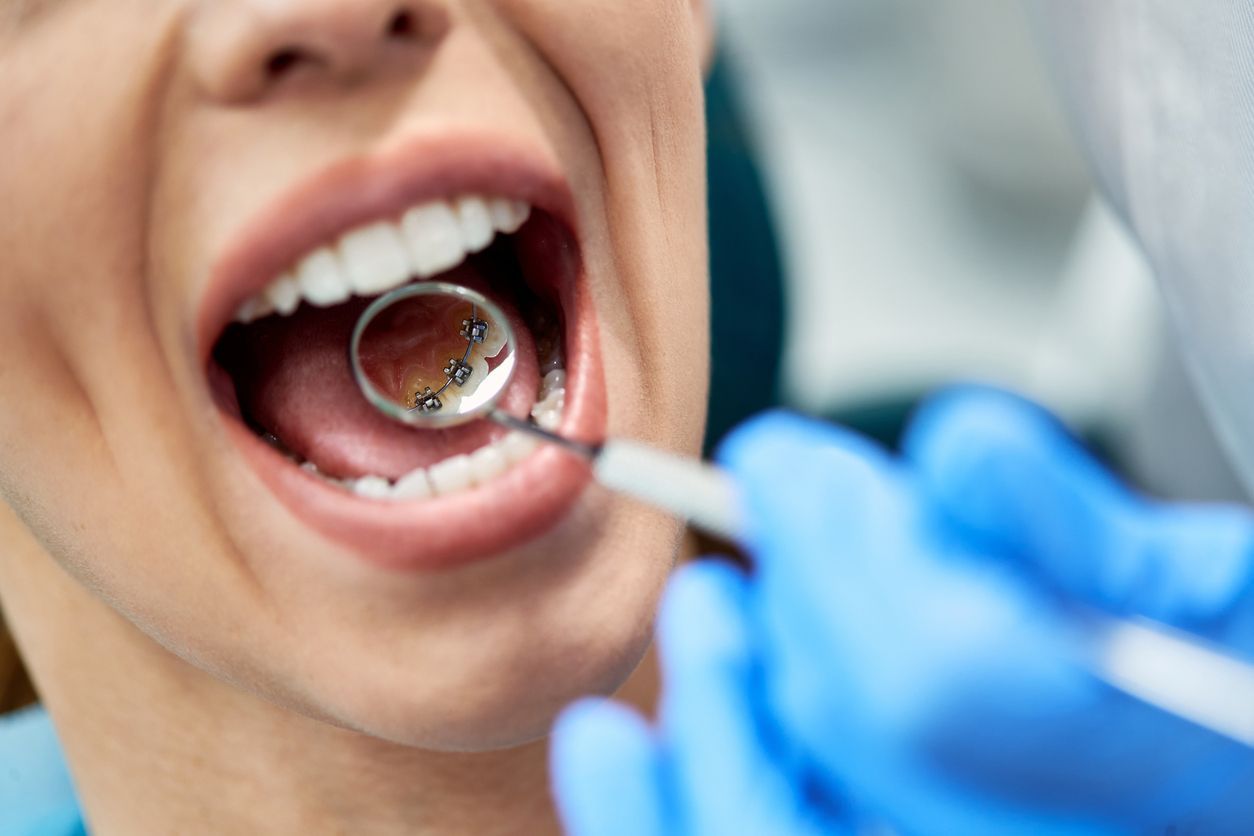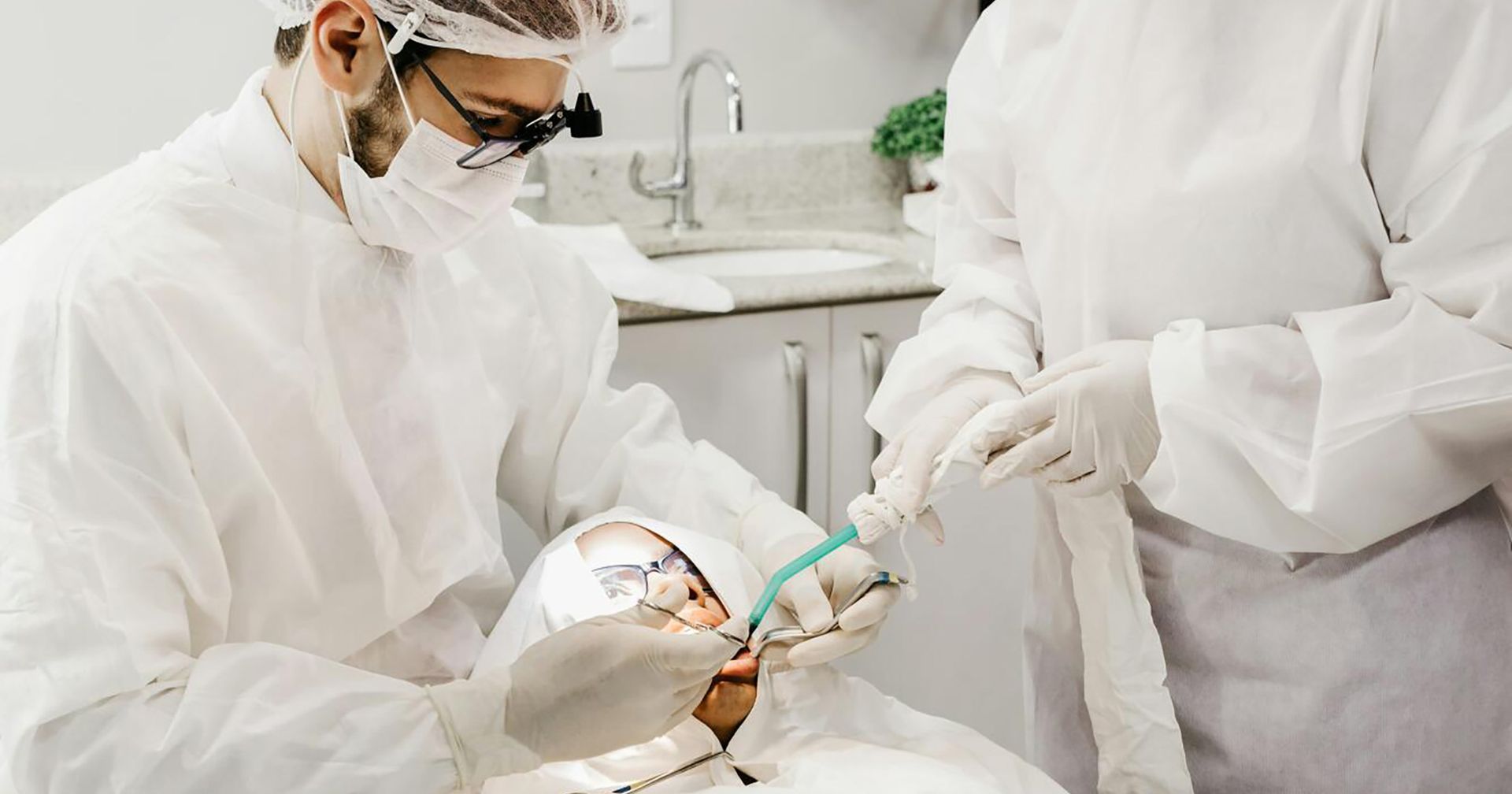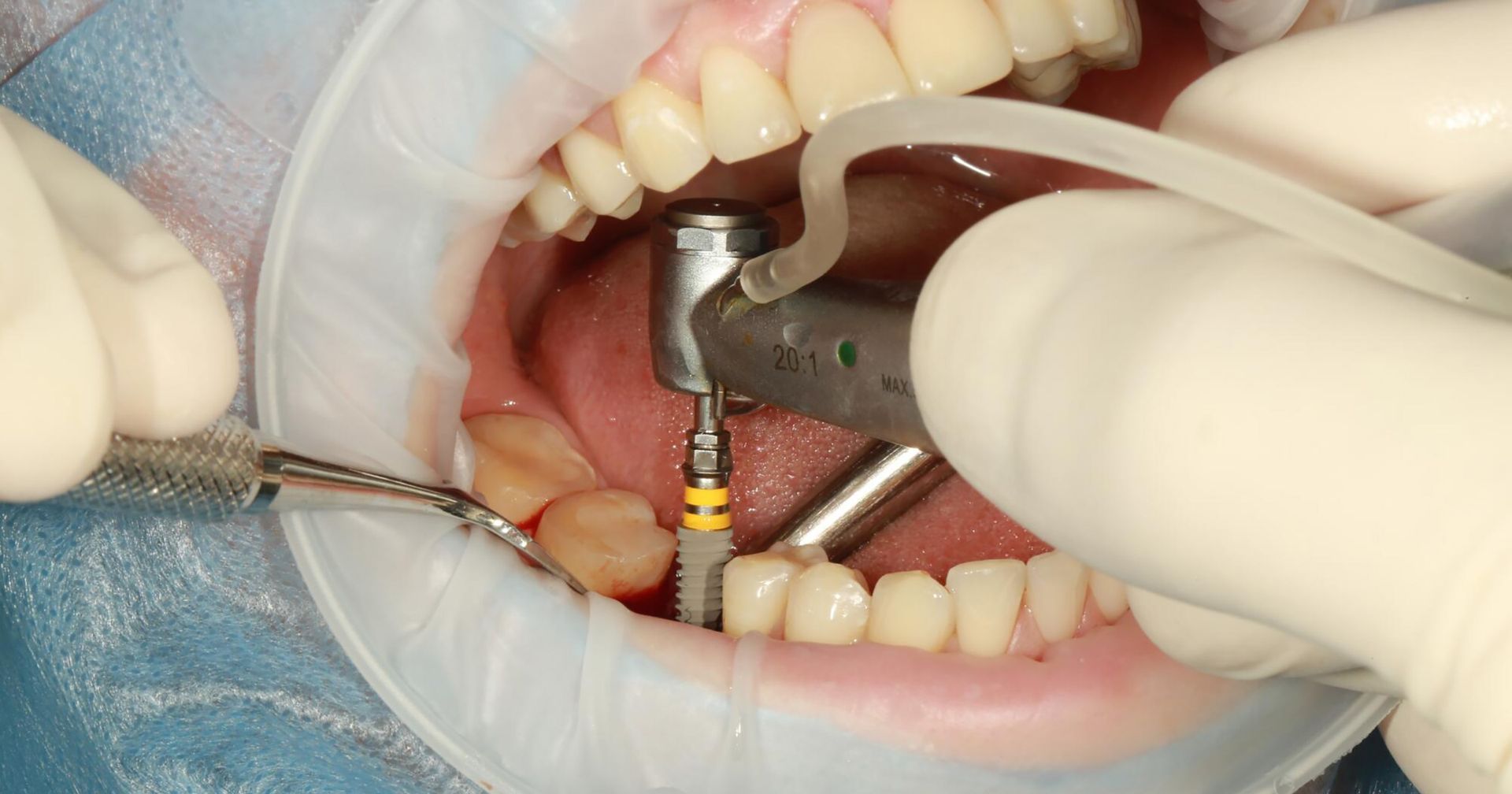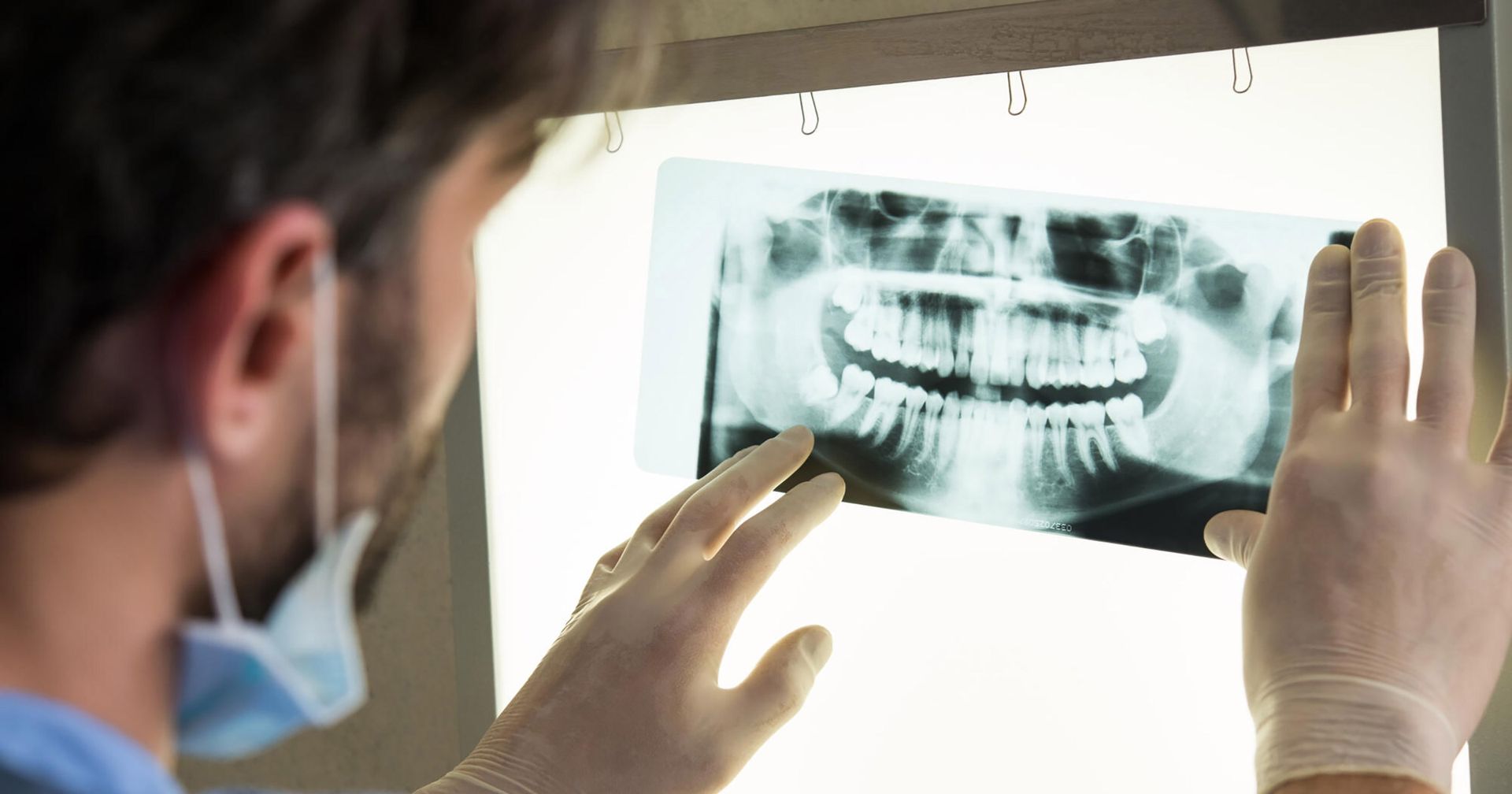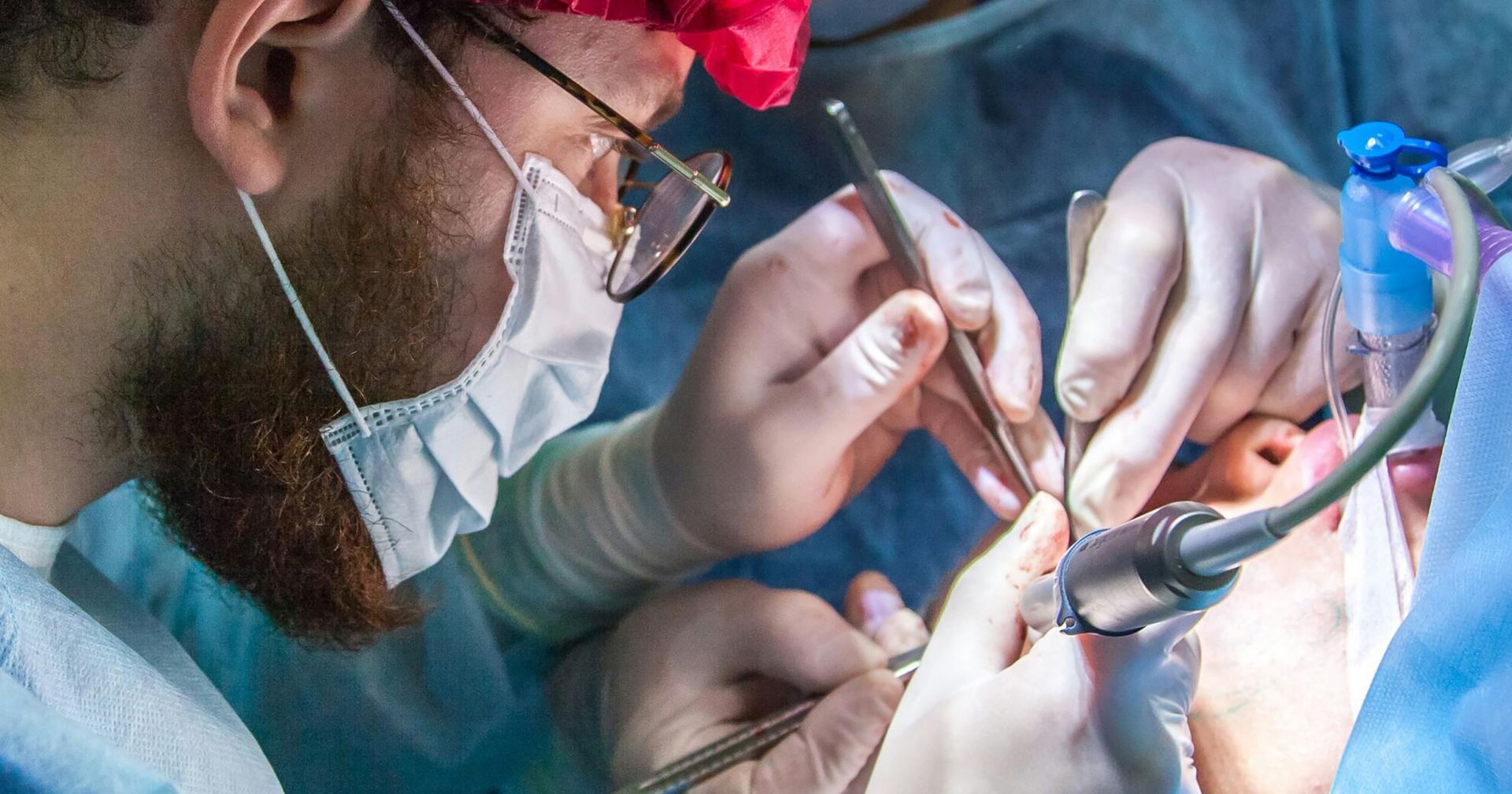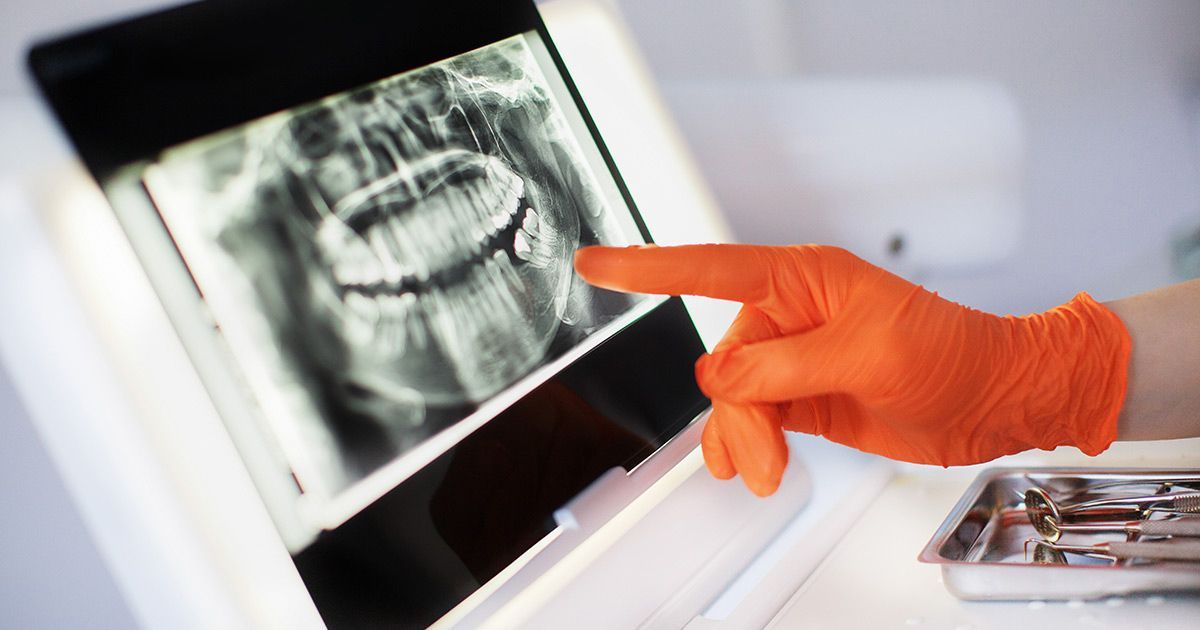Complete and Partial Dentures: What You Need to Know
There are several differences between complete and partial dentures. This complete dental guide shows what you need to know.
What Are Dentures?
What's the Process?
- Create models, plastic pattern, or wax forms in the exact position and shape of denture(s)
- The patient tries models several times while the dentist assesses for shape, fit, and color
- The final denture is cast
- Any necessary adjustments are made after fitting
- You have chronic toothaches
- You have swollen, red, and tender gums
- You struggle to eat certain foods
- You are missing one or more tooth
- You have frequent indigestion because you can't chew food properly
- You're embarrassed by your smile because of missing or lost teeth
- You haven't been going to the dentists every 6 months, and your oral health is suffering
Talk to Your Dentist About Partial Dentures
If you have any healthy teeth left in your mouth, your dentist will likely steer you in the direction of partial dentures. They can help create a more natural look, and they can be more cost-effective.
Either way, don't wait to see your dentist so that you can give yourself a healthy, comfortable smile you can be proud of. The Tabas Center for Advanced Dentistry in Philadelphia, PA, offers complete and partial denture services.
Contact us today to make an appointment so that we can help you on your journey to bringing back that healthy smile.

